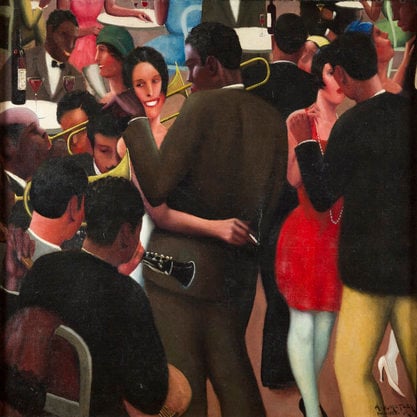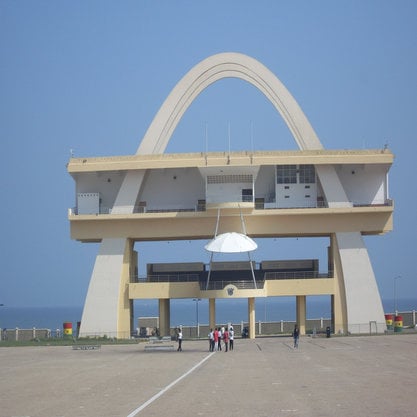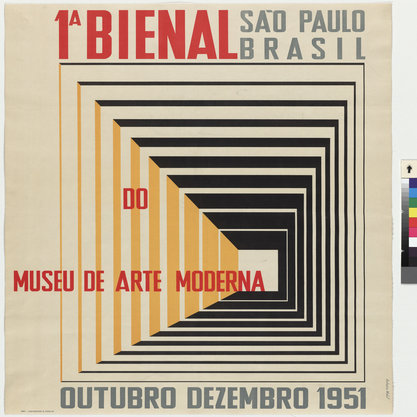Article
Afrocubanismo in Music By Rey, Mario
Article
Afrocubanismo was an esthetic trend in art music during the first half of the twentieth century focusing on African cultural features in Cuban society. The movement gained expression in the works of a seminal group of composers whose artistic production reflected neo-nationalistic musical concerns, thus emphasizing the manipulation of timbral and rhythmic elements in a modern harmonic vocabulary. These musical experiments marked a significant juncture in the evolution of Cuban concert music and forged an inclusive representation of race in the reformation of national cultural identity.
Responding to a period of political turbulence and financial decline, a group of progressive intellectuals, journalists, and members of the artistic community committed to cultural reconstruction established the Grupo Minorista in Havana in 1923. Well aware of Cuba’s ambivalent attitudes towards its African heritage, the circle sought to explore the roots of Cubanness in order to forge a more inclusive, decolonized revision of Cuban cultural history.




